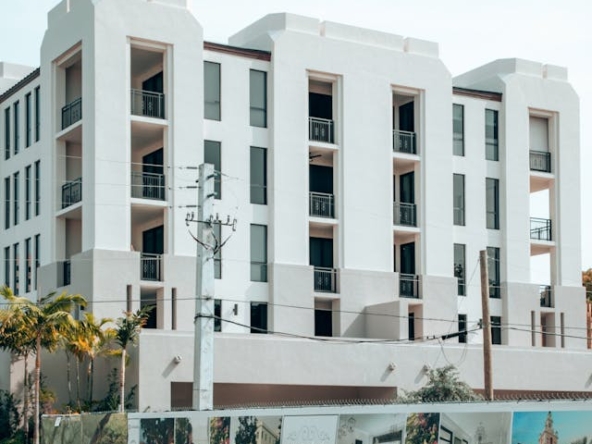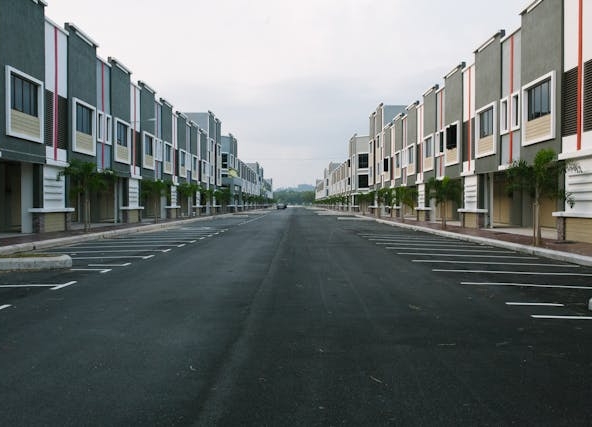The following are items for buyers to consider when they are preparing an offer to purchase.
Appliances – A condition can be placed in the offer which has the seller warrant that the existing appliances will be in working order on the possession date. The buyer should record the model and serial numbers as a precaution.
Appraisal – An appraisal provided by an accredited appraiser with respect to the fair market value of the property. These reports may be required by mortgage companies to determine if the value of the property warrants the requested amount of mortgage to be applied against the property.
Electrical Inspection – by an accredited electrician of the electrical components in a home with a report outlining any deficiencies.
Engineer’s Report – by an engineer on any number of issues including the structural integrity of the building(s).
Environmental Testing – by an accredited environmental company to determine if there are any problems with the property. For example, it can cover issues like air quality, soil contamination, presence of mould, etc. If it is a purchase of a rural or former commercial property, the buyer should consider a “site analysis” (phase I and/or phase II).
Financing – If the buyer is obtaining mortgage financing, a clause should be inserted in the offer to ensure that the buyer is able to get financing on terms acceptable to them. A financial institution considers both the buyer and the property itself in considering approval of financing.
Foundations – In Manitoba, the single most common cause for concern between buyers and sellers is related to structural and foundation problems. Buyers are strongly cautioned to review this issue as part of their purchase, and consider possible inspections or seek a specific warranty from the seller related to knowledge of previous problems such as water seepage.
Furnace & Chimney Inspection – to determine if the furnace and chimney meet current safety standards.
Grow Op – If you know or suspect that the property was used to grow or manufacture illegal drugs, you should ask specific questions of the seller and listing salesperson, have a property inspection done, and/or insert a clause into the offer to purchase asking the seller to warrant that his/her property has not been used as a grow op.
Home Inspection – a general inspection of the condition of the property.
Insurability – a report to determine if the house is insurable in its current state. There may be issues related to items such as wood burning devices and boiler heating systems. It is important to ensure that the property can be insured at a rate which is satisfactory to the buyer.
Lawyer’s Approval – A clause can outline that the offer is subject to review of both form and content of the contract within a reasonable amount of time.
Plumbing – An accredited plumber can complete an inspection to identify any evident problems.
Sellers Voluntary Property Condition Statement – A written statement provided by the seller dealing with common concerns of buyers.
Septic/Sewer – An inspection to determine if the existing system is operating properly and meets with existing standards.
Surveyor’s Certificate/Zoning Memorandum – The survey shows the boundaries of the property and the location of all improvements. The memorandum in conjunction with the survey, determines if the location of the improvements comply with the zoning by-law. There is another product called “title insurance” which insures some of these issues in place of obtaining a report or inspection. For more details, you can discuss title insurance with your lawyer or financial institution.
Vermiculite Insulation – There are opinions that suggest that the presence of zonolite/vermiculite insulation can be a health hazard to susceptible individuals if the insulation is not contained. The buyer can seek an environmental inspection (e.g. from an environmental consultant) to investigate potential environmental issues.
Water Quality/Quantity – Water can be tested to determine the recovery rate of the water supply and the quality of the water for consumption.
Wood Stove/Fireplace – Codes and standards for wood burning devices change quite frequently. Even though existing wood burning devices are being used by the seller, they may not meet current standards. The new owner will have to comply with the latest standards in order to be insurable.
Copright (C) 2014 MREA – Manitoba Real Estate Association



